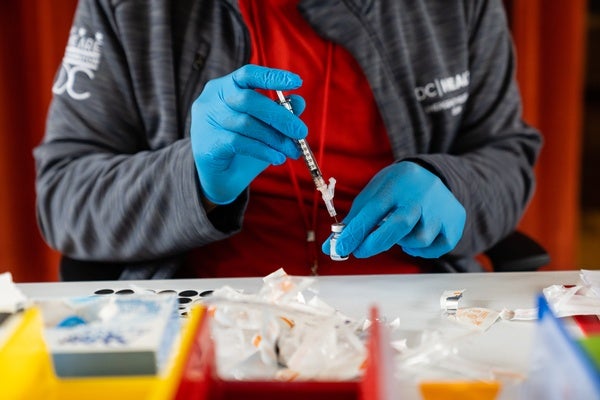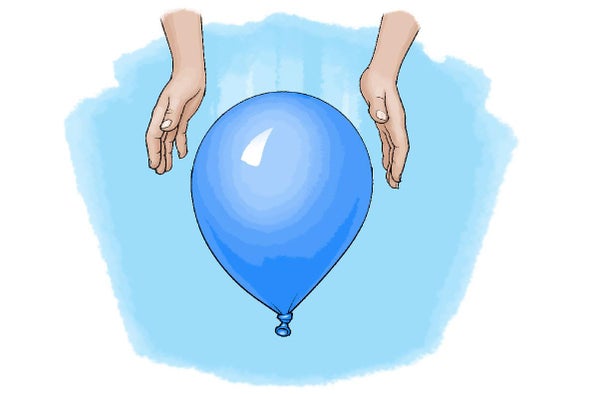 |
| September 08, 2023 |
 |
| |
| |
| |
| |
| |
| |
| |
| |
| |
| Intelligence Reading for Pleasure Helps Kids' Brain Development The simple and fun act of reading for pleasure in early childhood produces better cognition, mental health and educational attainment in adolescence | | By Barbara Jacquelyn Sahakian,Christelle Langley,Jianfeng Feng,Yun-Jun Sun,The Conversation US | | | |
| |
| |
BRING SCIENCE HOME
 | | How Heavy Is Your Air? |  Balloons away! You've seen a helium balloon float, but what gas could make a balloon heavier than air? Try this dense physics activity, and find out! Credit: George Retseck | If you've ever accidentally let go of a helium-filled balloon while outdoors, then you know that some gases are less dense than others. In the case of your helium balloon, it most likely floated away before you could catch it because helium is much lighter (or less dense) than the air in our environment. We don't often think about gases having density—but they do! In this activity you'll explore the different densities of some common household gases, including the air that you exhale! | |  | |
LATEST ISSUES
 |
| |
| Questions? Comments?  | |
| Download the Scientific American App |
| |
| |




